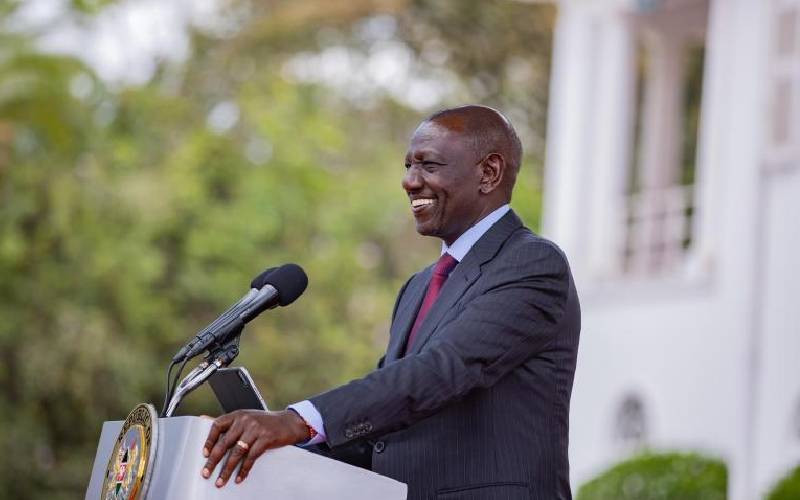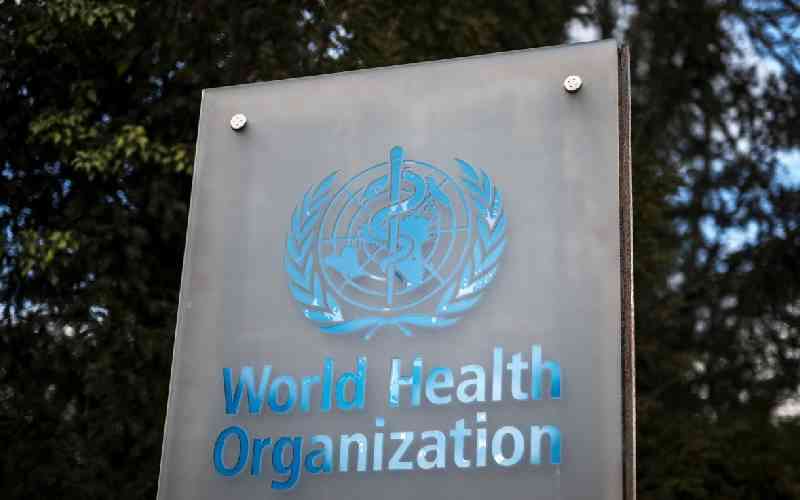
The realisation of President William Ruto's health agenda hangs in the balance after courts stopped the implementation of three Acts by the Ministry of Health.
This comes even as President Ruto reaffirms that his administration is determined to roll out Universal Health Coverage (UHC).
Health Cabinet Secretary Susan Nakhumicha said UHC was to be realised through the enactment of the Primary Health Care Act, Facility Improvement Financing Act, Digital Health Act, and the Social Health Insurance Act.
Facts First
Unlock bold, fearless reporting, exclusive stories, investigations, and in-depth analysis with The Standard INSiDER subscription.
Already have an account? Login
 The Standard Group Plc is a multi-media organization with investments in media
platforms spanning newspaper print
operations, television, radio broadcasting, digital and online services. The
Standard Group is recognized as a
leading multi-media house in Kenya with a key influence in matters of national
and international interest.
The Standard Group Plc is a multi-media organization with investments in media
platforms spanning newspaper print
operations, television, radio broadcasting, digital and online services. The
Standard Group is recognized as a
leading multi-media house in Kenya with a key influence in matters of national
and international interest.











